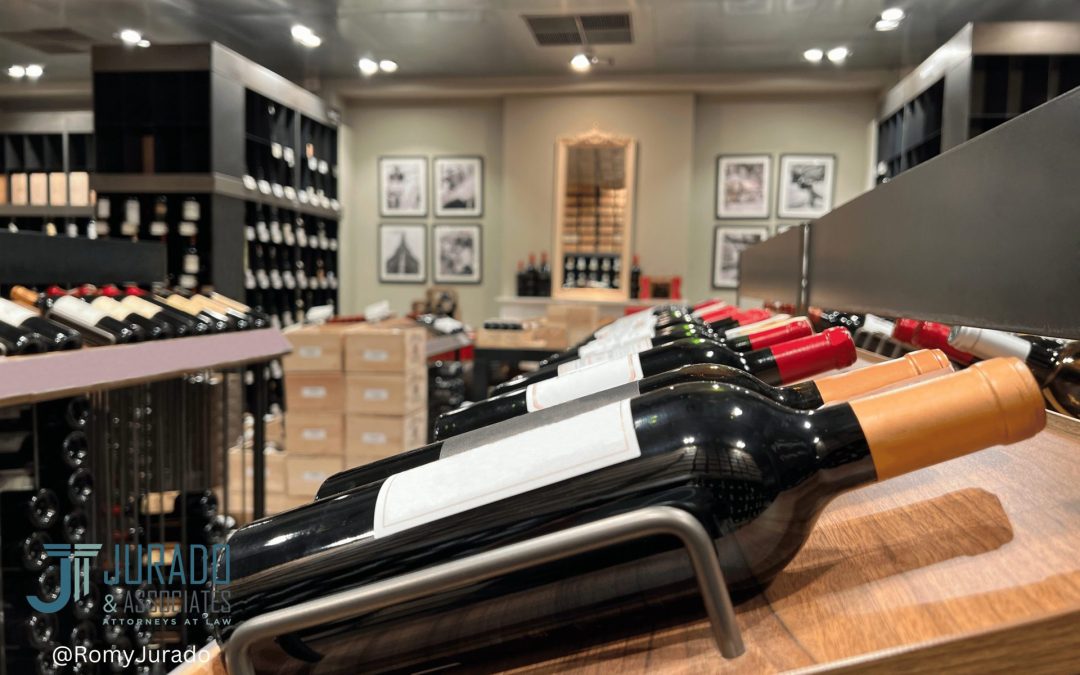The state of Florida offers a profitable environment for business in the leisure and hospitability segments, including bars, restaurants, dance clubs, and other establishments that serve liquor on their premises.
In this article, you will discover whether it is possible to transfer a liquor license in Florida.
Is it Possible to Transfer a Liquor License in Florida? – The Verdict
Not only transferring a liquor license is permitted in Florida, but this option is often the most convenient method to obtain a license without going through a long waiting period. Obtaining a license to sell alcoholic beverages in Florida is challenging.
The Florida Department of Business and Professional Regulation (DBPR) is the agency responsible for licensing and regulating occupations that require a superior level of expertise or have the potential to result in hazards for customers.
The initial application must be filed with the Florida Division of Alcoholic Beverages and Tobacco, a branch of the DPBR focused solely on the segment. Usually, business owners apply for a quota license that authorizes the sale and service of liquor within a company’s premises.
The problem is quota licenses depend on the population of the county where the applicant’s company is established. The estimated number of licenses available is one per every 7,500 inhabitants in a county.
Applicants need to participate in the annual quota license lottery to obtain a liquor license, which may end up in a time-consuming process. An excellent alternative to obtain a license faster is purchasing a license from an existing licensee.
Whether the licensee is moving to another business segment or no longer wishes to distribute alcohol for any reason, a prospective license holder can pay an agreed-upon amount to have the license transferred.
Purchasing a registering license is often far more efficient than going through a demanding application process. However, the number of existing licenses available for sale is limited, which results in an exponential price increase.
Transferring a standard hard liquor license may cost $10,750 (one-time fee). After the license is transferred to the name of the new owner, it also requires the payment of an annual license fee.
Transferring a Liquor License in Florida – An Overview
When filing with the DBPR to transfer a liquor license in Florida, applicants must visit themyfloridalicense.com and complete form ABT-6002. The forms can be downloaded in ABT-6002 PDF or ABT-6002 Word format.
Depending on the type of fee to be transferred, the applicant can pay up to $5,000 for a permanent license. Transfer penalty fees may also apply in some cases. Fingerprint requirements vary for in-state residents and out-of-state residents.
Other documents that may be required in the process include:
- Certified copies of arrest disposition
- Evidence of mitigation of moral character
- Surety Bond Application (form DBPR ABT-6032)
- Right of Occupancy
- A sketch of the premises
- All applicable zoning licenses and permits
- Health approval documents
- Certificate of Status
- Department of Revenue Clearance Certificate
- Federal Employer’s Identification Number (FEIN)
- Social Security Number (SSN) (if applicable)
The best approach is to consult with a Florida licensed attorney to assess your case, identify the applicable documents, and conduct a review to ensure full legal compliance.
Do You Want to Transfer a Liquor License in Florida? – Immediately Seek Expert Legal Guidance
A well-versed legal advisor in Florida licensing law, Attorney Romy B. Jurado willingly wants to help you succeed. Contact us by calling (305) 921-0976 or emailing [email protected] to schedule a consultation.





